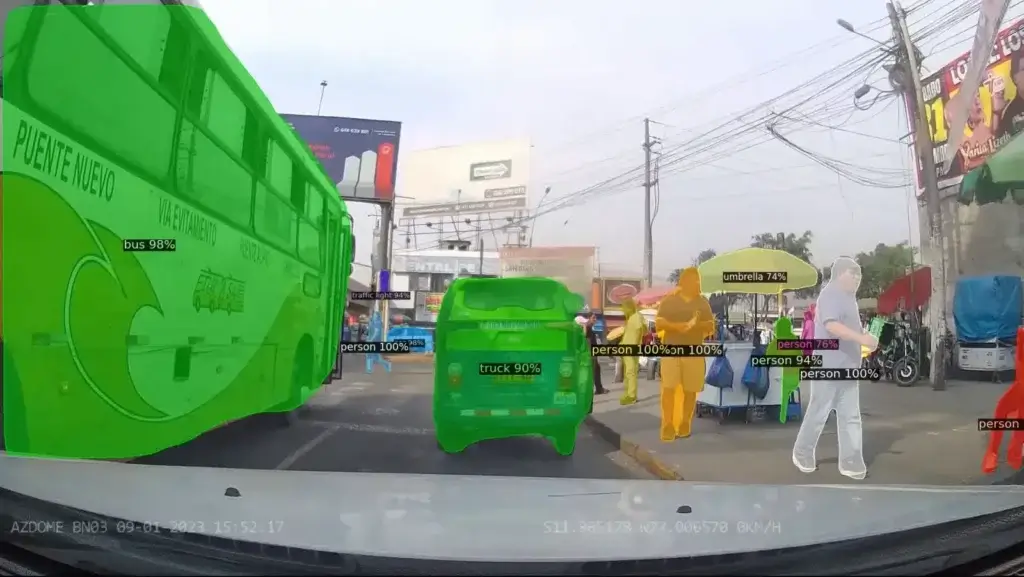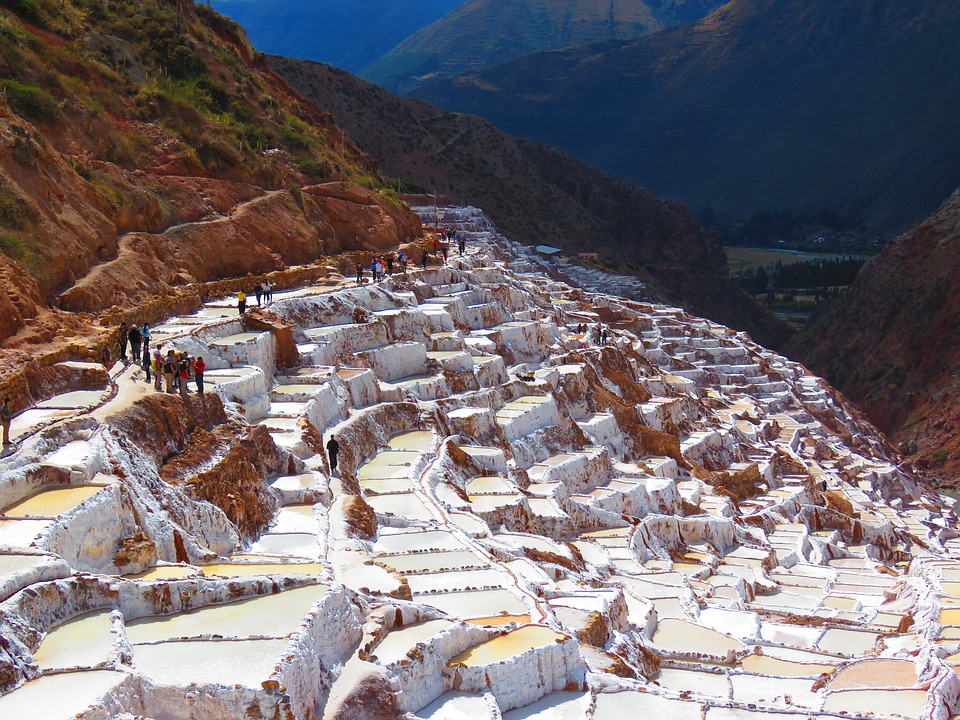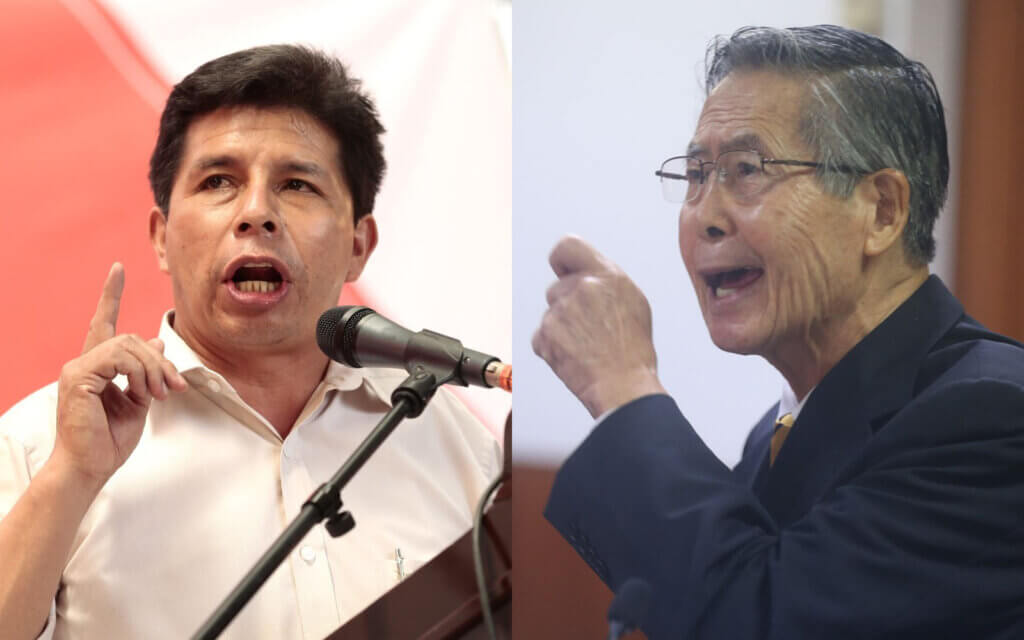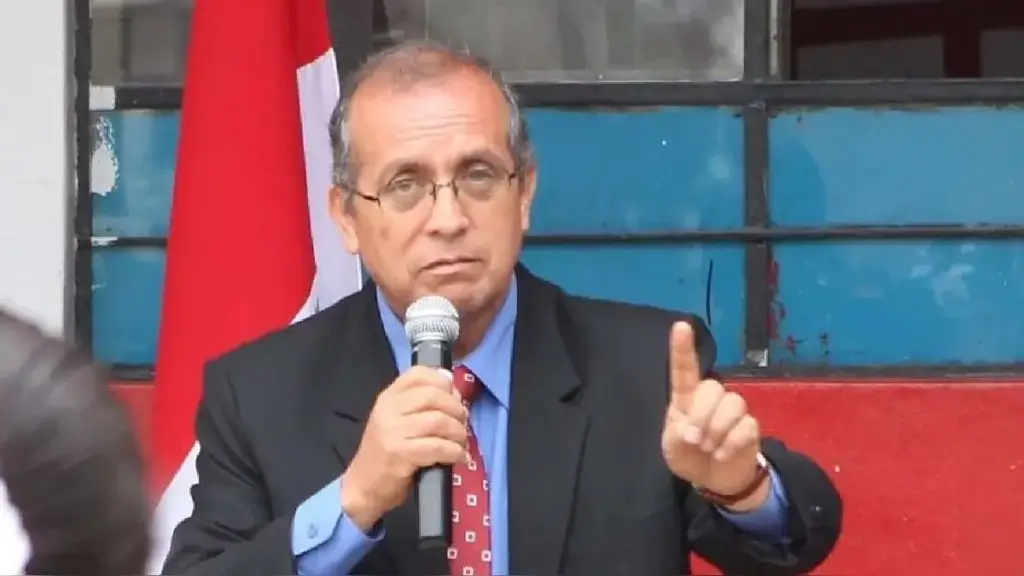Having started in 2012, StartUp Perú has come a long way. Andres Benavides charted for us the growth of the government initiative from its humble beginnings. ‘Initially, they only funded incubators and as the startup community evolved they started widening their net to startups that were progressing beyond the idea stage and going into sales.’ The program now had nearly 70 startups in its most recent installment and the four generations of Peruvian startups have spanned the gamut from edtech and fintech to tourism and foodtech (like Bocadio that draws on Peru’s exceptional cuisine and restaurant scene.)
It’s hard to determine the number of startups that have taken hold in Perú but there has been data from the last 3 years to show that companies that have been under Startup Perú have a nearly 80% chance of breaking even and have contributed 1,847 jobs with over half of them being full-time positions.
‘A lot of people think it’s the same type of program but it’s different.’ Benavides told us, ‘Startup Perú is a government program that supports the whole startup community. We also support the entities that support startups, everything from accelerators, incubators, angel networks and now venture capital as well.’
The second part of the program allows for the funding of startups and the third part of the program brings it all together by connecting startups with the aforementioned support network.
The reason for this, Benavides told us is because ‘[f]or a startup community to work we need all actors. Governments aren’t necessarily the best actors to work with startups. What we feel is that by helping those that support startups, we can help them in a more effective way.’ This in turn paved the way for support entities within the program that provides help for companies that can do well locally but need a leg up to succeed internationally.
One of the crucial verticals in the country is emerging out of an ecological necessity because Perú is one of the most biodiverse regions on the planet and, according to Benavides, ‘they have an advantage that they can promote this biodiversity by using technology.’
E-commerce is also bringing new players into the mix in Peru. Drawing on Weeshing’s global crowdfunding event platform that’s storming across the Americas, Joinnus is hoping to perform a similar trick in Perú by providing a platform that makes it easier for promoters to create and publicise their event in a matter of minutes. Thanks to Startup Perú, they raised $US500,000 recently and are on their way to selling over a million tickets.
Tourism is another vertical the more adventurous are diving into. Turismoi is one such startup that sticks out for Benavides for their perseverance and having branched out to customised tours not only in Perú, but Colombia, Ecuador, Chile and Spain as well.
A pattern emerging from the many verticals on display these past few years has been the innovation shown by startups looking to mould their product to the shape of their surroundings. ‘They’re using models that already exist but the innovation is that they are adapting it to the reality of Peru.’ Benavides said.










